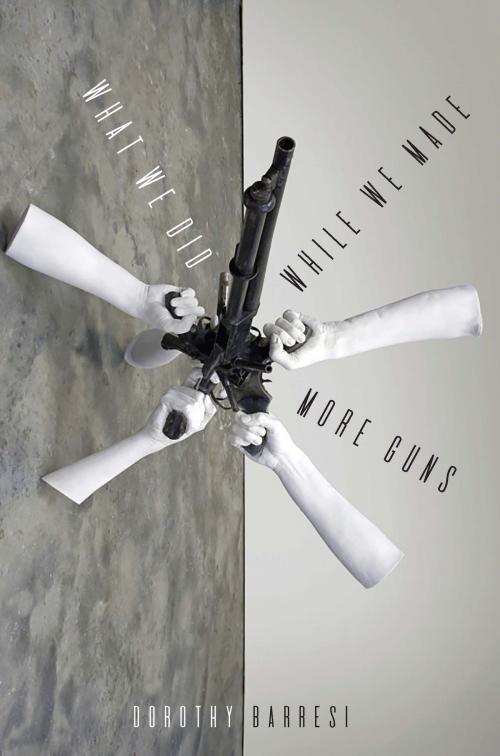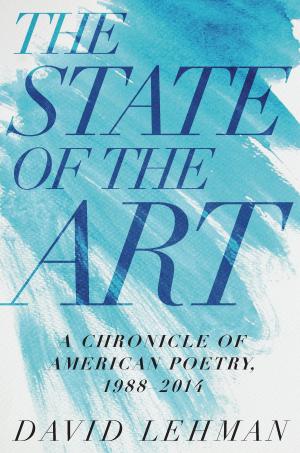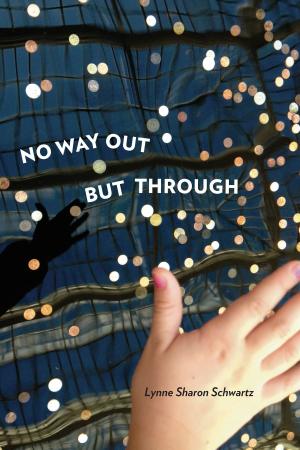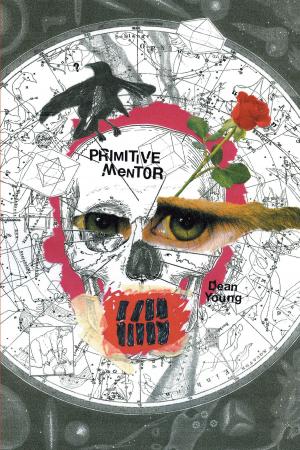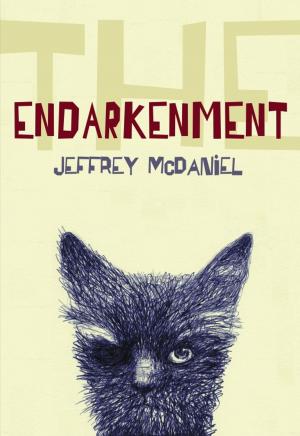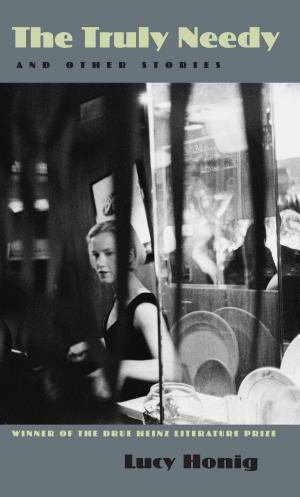| Author: | Dorothy Barresi | ISBN: | 9780822983286 |
| Publisher: | University of Pittsburgh Press | Publication: | May 11, 2018 |
| Imprint: | University of Pittsburgh Press | Language: | English |
| Author: | Dorothy Barresi |
| ISBN: | 9780822983286 |
| Publisher: | University of Pittsburgh Press |
| Publication: | May 11, 2018 |
| Imprint: | University of Pittsburgh Press |
| Language: | English |
The poems in What We Did While We Made More Guns investigate the place where economic failure meets a widening acculturation of violence—a kind of Great Acceleration of soul extinction set in this spectacularly uneasy moment in American history. Cutting, comic, sorrowful, at times terrified, at times resolute, the poems tilt along the high cliff’s edge of identity anxiety and American moral uncertainty, where each of us plays our part in the business of dispossession or resistance. Building themselves out of jazzed-up verbal velocities and wounded (in)sincerity, the poems counsel resilience against all forms of battery, mortal, spiritual, financial. They are pattern-makers in the dark. They talk back to God. They take into themselves what cannot be taken back: the news that forty-six million Americans have “slipped” below the poverty line; that guns discharge monstrously banal virility; that a black woman pulled over for a routine traffic violation dies by strangulation in her jail cell; that we buy and sell the myth of the American Dream as though our lives depended on it.
The poems in What We Did While We Made More Guns investigate the place where economic failure meets a widening acculturation of violence—a kind of Great Acceleration of soul extinction set in this spectacularly uneasy moment in American history. Cutting, comic, sorrowful, at times terrified, at times resolute, the poems tilt along the high cliff’s edge of identity anxiety and American moral uncertainty, where each of us plays our part in the business of dispossession or resistance. Building themselves out of jazzed-up verbal velocities and wounded (in)sincerity, the poems counsel resilience against all forms of battery, mortal, spiritual, financial. They are pattern-makers in the dark. They talk back to God. They take into themselves what cannot be taken back: the news that forty-six million Americans have “slipped” below the poverty line; that guns discharge monstrously banal virility; that a black woman pulled over for a routine traffic violation dies by strangulation in her jail cell; that we buy and sell the myth of the American Dream as though our lives depended on it.
